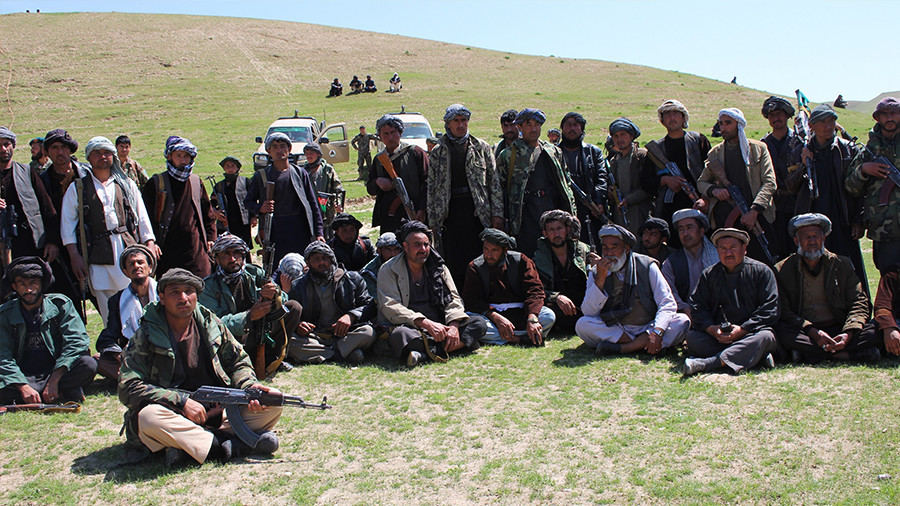After 17 years of war, top US commander in Afghanistan admits Taliban cannot be defeated

In his first interview since taking command of NATO’s Resolute Support mission
in September, Gen. Austin Scott Miller provided NBC News with a surprisingly
candid assessment of the seemingly never-ending conflict, which began with the
US invasion of Afghanistan in October, 2001.
"This is not going to be won militarily. This is going to a political solution,"
Miller said.
He mused that the Taliban is also tired of fighting and may be interested in
starting to "work through the political piece” of the 17-year-old war.
But it’s not clear if the Taliban is open to negotiations. Last month, a top
Taliban commander told RT, in a rare interview, that the group’s leaders had no
desire to negotiate with the Americans.
Described for years as a stalemate, the conflict has been tipping in the
Taliban’s favor in recent months. Even by US military estimates, the Afghan
government controls or influences just over half of the country’s 407 districts
– a record low since the Special Inspector General for Afghanistan
Reconstruction, or SIGAR, began tracking district control in November 2015.
To make matters worse, casualties among Afghan government forces have
skyrocketed in recent months. Afghan security forces suffered 1,000 fatalities
in August and September, according to the Pentagon.
Described for years as a stalemate, the conflict has been tipping in the
Taliban’s favor in recent months. Even by US military estimates, the Afghan
government controls or influences just over half of the country’s 407 districts
– a record low since the Special Inspector General for Afghanistan
Reconstruction, or SIGAR, began tracking district control in November 2015.
To make matters worse, casualties among Afghan government forces have
skyrocketed in recent months. Afghan security forces suffered 1,000 fatalities
in August and September, according to the Pentagon.
Source:RT
















